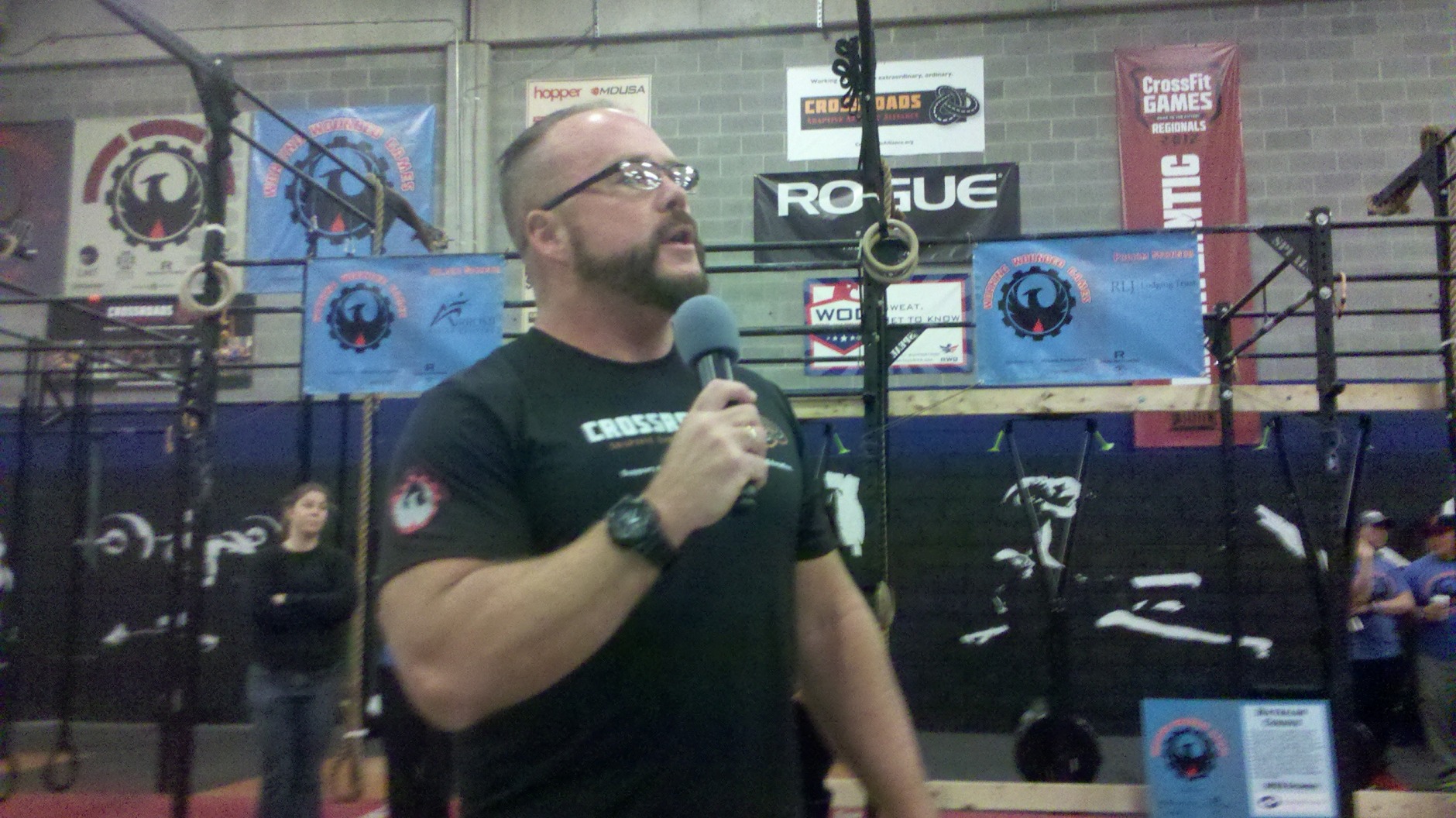
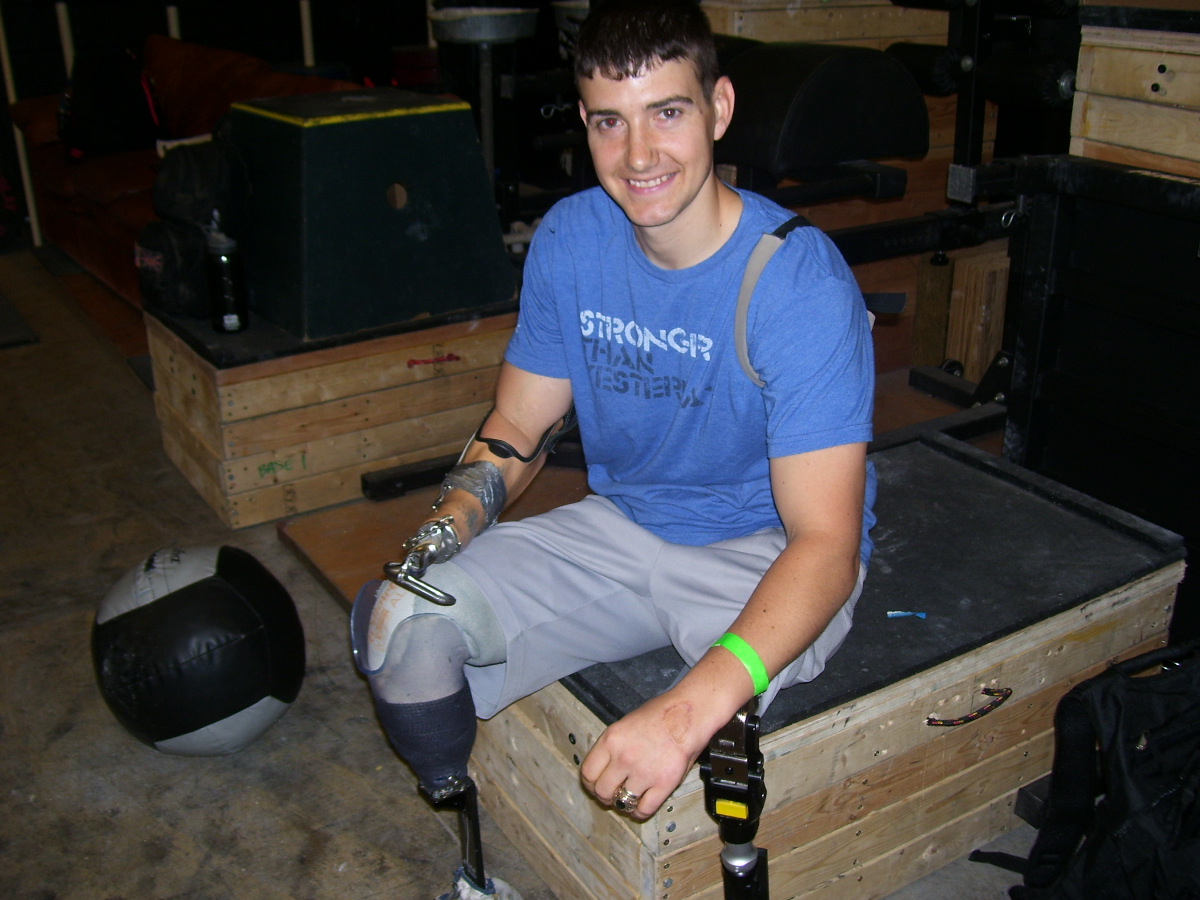
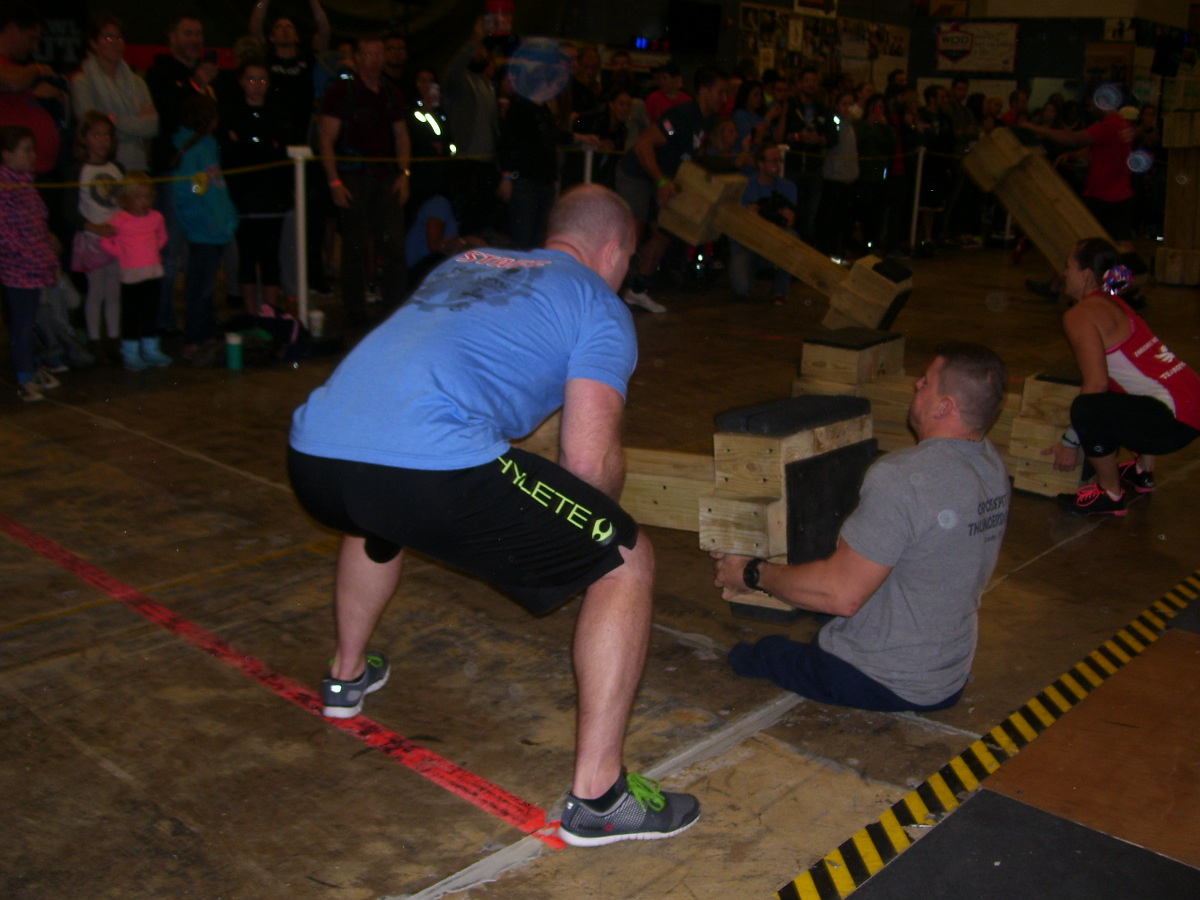
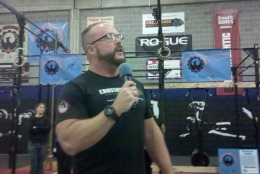
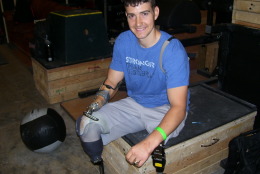
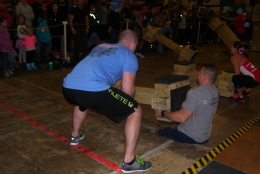
WASHINGTON — On Saturday, 63 adaptive athletes competed in the third annual Working Wounded Games at CrossFit Rubicon in Vienna, Va.
“These are extraordinary athletes who absolutely have no awareness of the words ‘I can’t'” says CrossFit Rubicon owner David Wallach.
Many of the athletes are amputees from the wars in Afghanistan and Iraq. Other athletes either had been born with missing limbs or lost them in car accidents.
Wallach is also a co-founder of the Crossroads Adaptive Athletic Alliance: “They’ve [adaptive athletes] removed the capacity in my life to complain about a damn thing.”
29-year-old Army Captain Larkin O’Hern, out of Fort Belvoir, was back competing for his second year of the games. In January 2011, an explosive device took both of his legs and his hand in Afghanistan. He now has prosthetic legs and a prosthetic hand.
“Nobody feels sorry for you because you’re hurt,” O’Hern says. “Everybody’s hurt, man get over it.”
He sees this as an opportunity to push his recovery, “not just be satisfied with just walking around and saying ‘I can’t do that stuff anymore.'”
At the games, everyone is overcoming something.
“Some of these guys, the triple amputees have to work four times as hard to do the same workout and they have more drive than anybody you’ll ever meet,” says Scott Weaver, a Navy Seal who lost part of his leg in Afghanistan.
He’s a two-time champion of the Working Wounded Games.
“Our job is only done when every athlete with adaptive needs in this country has had the opportunity to experience this community and the power of being accepted,” Wallach says. “Of being part of what we call the general population of athletes in any gym in the country. And until such time we have work to do.”
Follow @WTOP on Twitter and WTOP on Facebook.







